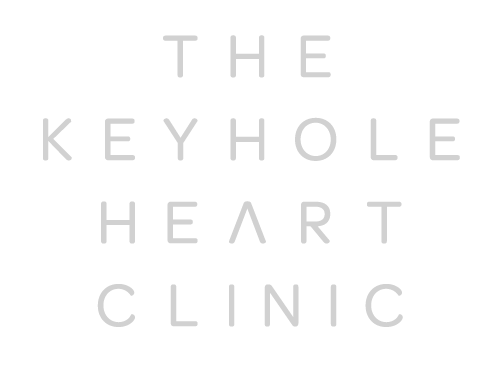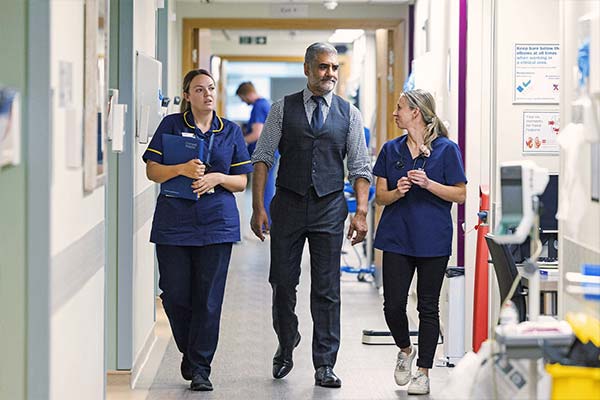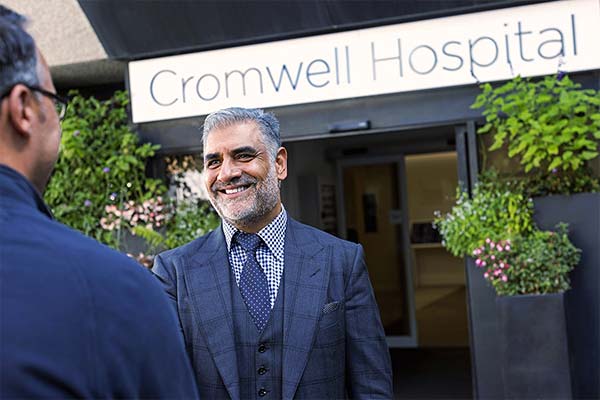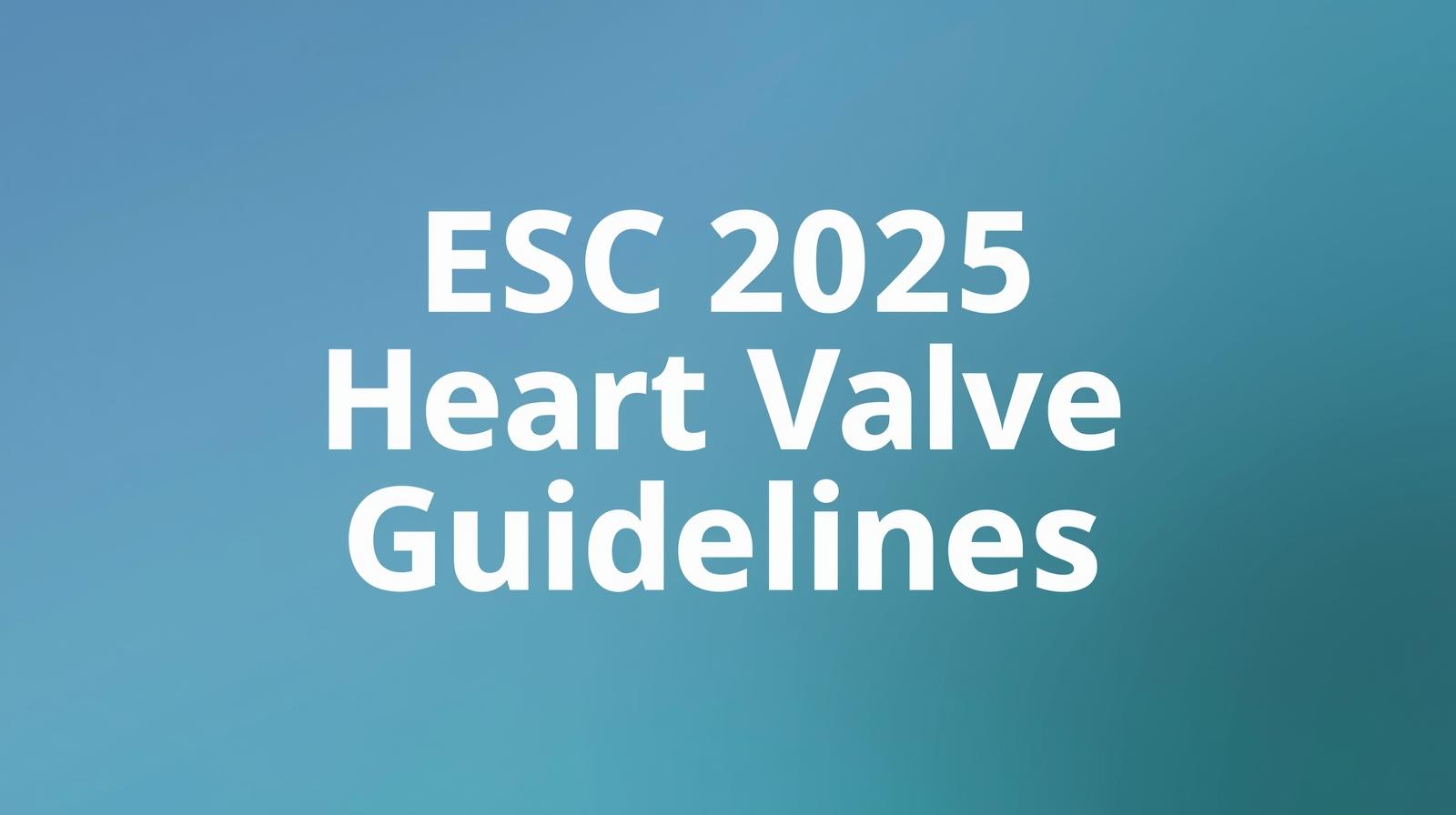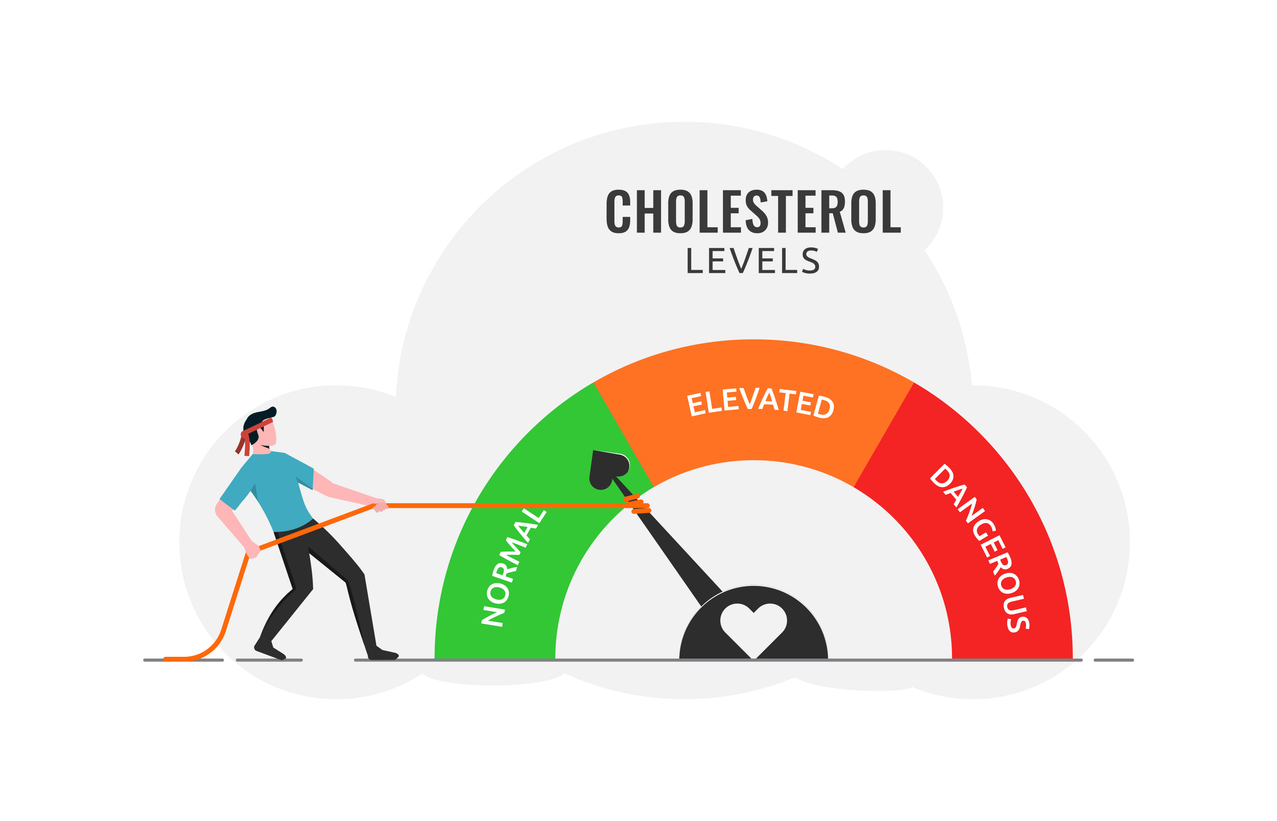Angina
Angina, also called angina pectoris, is a type of chest pain or discomfort that occurs when the heart muscle doesn’t receive enough blood. It is an early warning sign of conditions such as coronary heart disease or heart valve disease, like aortic stenosis, and should always be evaluated promptly by a healthcare professional.KEYHOLE SURGERY
- Coronary Artery Bypass Graft (CABG) Keyhole Surgery
- Keyhole Aortic Valve Replacement Surgery
- Keyhole Atrial Septal Defect (ASD) Repair
- Keyhole Mitral Valve Replacement & Repair Surgeries
- tricuspid heart valve replacement
HEART CONDITIONS
What is Angina?
Angina is a symptom of underlying heart problems. It occurs when your heart muscle isn’t getting enough oxygen-rich blood, which your body needs to function correctly.
You may also notice symptoms of angina during:
- Exercising
- Emotional stress
- Cold weather
- Immediately after any physical activity that makes the heart work harder
The clinical term angina pectoris (pronounced an-JY-nuh) comes from the Latin word “angere,” meaning “to strangle.”
What angina feels like for different patients:
- Chest pressure or the feeling of tightness, rather than actual pain, is similar to the sensation of a heavy weight being present.
- Pain that radiates to the jaw and down the left arm.
- Your chest may feel like it’s being squeezed and may stop after a few minutes.
- Some patients may not feel these typical symptoms and may experience only the feeling of indigestion, which can make diagnosing angina very difficult.
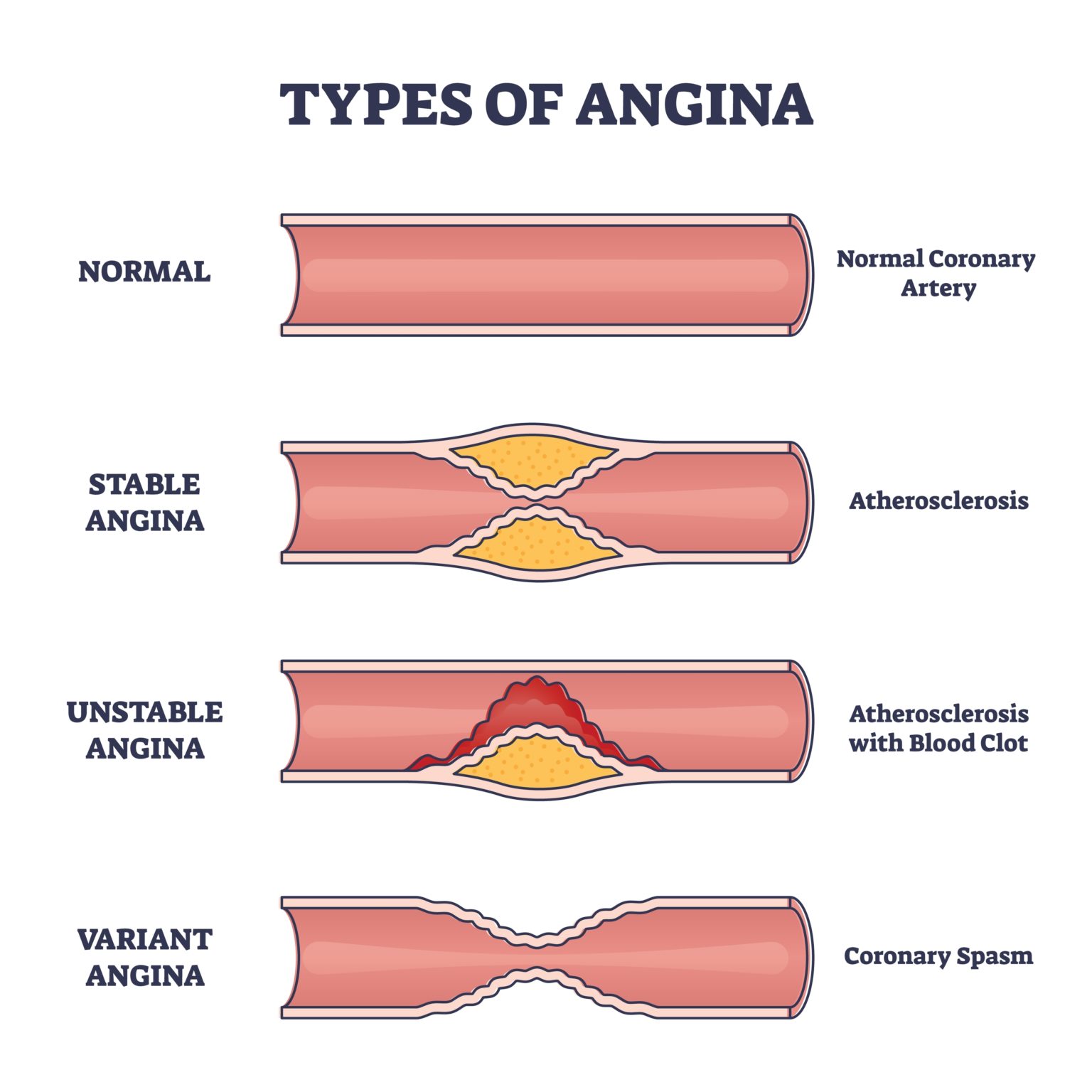
It’s essential to remember that not all pain in the chest is angina pain. Chest discomfort can have many other causes, while angina is specifically related to reduced blood flow to the heart.
Learn more about the causes, risk factors, symptoms and how to treat angina below.
Angina Symptoms
You may have angina if you experience any of the following symptoms:
-
Pressure on your chest
-
Tightness or a squeezing pain in your chest
-
Dull ache in your chest
-
Dizziness
-
Shortness of breath
-
Fatigue
-
Sweating
-
Feeling sick (like nausea and an upset stomach)
The tightness may spread from your chest to your arms, and sometimes you can feel a dull ache in your neck and back, as well as around your jaw.
Symptoms of Angina in Women
Symptoms are similar in men and women. However, women are more likely to have symptoms relating to feeling dizzy, sick, or breathless. Microvascular angina is also more common in women.
Causes of Angina
Some of the most common underlying causes of angina are related to genetic family history and lifestyle, as well as:
-
Atherosclerosis: A build-up of fatty substances in the arteries leading to your heart to narrow.
-
Coronary heart disease: Also called coronary artery disease or ischaemic heart disease, it is usually caused by atherosclerosis
Risk Factors
Risk factors include:
-
Family history of heart conditions or atherosclerosis
-
Smoking
-
An unhealthy diet
-
Excessive alcohol consumption
-
Lack of exercise
-
High cholesterol
-
Older age
-
High blood pressure
Diagnosing Angina
If you are experiencing any of these symptoms, you should visit your GP, and they will be able to go through your symptoms and check your overall health.
A heart screening involves a few simple tests that will help to check your heart health and identify any potential concerns. It includes:.
-
Important blood tests include your cholesterol, blood pressure, blood sugar and renal function.
-
An electrocardiogram (ECG) helps to look at your heart rhythm and can also detect poor heart blood supply or old heart attacks.
-
An echocardiogram will look at the function of your heart muscle and heart valves.
-
A CT coronary angiogram or an invasive angiogram will give a road map of your heart arteries and will help to identify any blocks or coronary narrowing which may require treatment. This is one of several tests classified under cardiac catheterisation.
Angina Treatment
You can manage angina with medications and changes to your lifestyle, such as quitting smoking and a more nutritionally balanced diet.
Depending upon the cause, certain treatments for angina, such as coronary stenting or coronary artery bypass grafting or surgery, may be advised.
Angina Medicine
You may need to take more than one type of medicine to help manage angina symptoms, while others are taken when having an active angina attack.
Commonly prescribed medicines include:
-
Nitrates (sprays, pills or patches) relax blood vessels, reduce strain on the heart and improve blood flow, which helps ease chest pain and prevent angina attacks.
-
Beta-blockers slow your heartbeat, which in turn lowers your blood pressure.
-
Calcium channel blockers relax arteries to improve blood flow.
Some of these can also help reduce your risk of a heart attack or stroke.
These medications help to manage day-to-day living with angina. However, if the medication prescribed doesn’t help to reduce the main symptoms or they become worse, you may require emergency treatment and even surgery.
Surgical Intervention
Surgery can involve either a coronary artery bypass graft (CABG) or percutaneous coronary intervention (PCI). This decision is usually made by performing a coronary angiogram, which looks at the pattern of narrowing in the heart arteries.
-
Coronary artery bypass grafting: A CABG involves moving a section of blood vessel from one part of the body to another to reroute blood flow in a blocked section that may be causing angina.
-
Percutaneous coronary intervention: A PCI, also known as a coronary angioplasty, widens a narrowed section with a stent insertion, helping to open the artery to help with blood flow.
At The Keyhole Heart Clinic, we can help identify your necessary angina treatment options as well as provide world-class care and advice for a range of cardiac conditions. If you need assistance, please contact us by completing our online enquiry form or calling us today.
Types of Angina
There are different types of angina with varying degrees of severity.
Unstable Angina
Unstable angina is characterised by episodes that are less predictable and take longer to stop. Where you may have had a dull ache and chest pain for 5 minutes before, this can last even longer.
The risk here is that the heart becomes starved of oxygen, which may lead to a heart attack.
An unstable angina episode is a medical emergency; seek medical attention quickly if the symptoms persist and/or worsen.
Stable Angina
Some people may experience angina (chest pain) after strenuous physical exercise that stops after a few minutes of resting. This is a common form of angina called stable angina and is usually predictable, as it typically occurs after certain activities where you’ve experienced this before. However, other types of angina can be more serious and require emergency treatment.
Stable vs Unstable Angina
Many people live a normal life with stable angina, and it may not lead to any worsening heart conditions. However, if you have unstable angina where the symptoms become more regular, unpredictable, and do not stop after a few minutes of rest, you should seek emergency advice and treatment as soon as possible.
Vasospastic Angina
Vasospastic angina is rarer and can happen when you are at rest, such as at night. This is where a coronary artery spasm causes vessels to narrow or tighten, restricting blood flow.
Microvascular Angina
Microvascular angina is caused by spasms in the smallest coronary arteries that can restrict the blood flow.
Watch our guides on YouTube to learn about angina and heart health in a clear, concise way.
Angina FAQs
Can you live a long life with angina?
Yes, if managed properly, those with angina can lead normal lives, and they may not develop worsening symptoms until much later in life.
You can manage angina episodes through:
-
A healthy diet, such as a Mediterranean-style diet, with lots of fruits, vegetables, legumes and healthy fats. European guidelines recommend limiting red meat, processed foods and saturated fats.
-
An active lifestyle with 30–60 minutes of moderate physical activity daily.
-
Quitting smoking can significantly improve your heart health, cutting the risk of death by about one-third in people with chronic cardiac syndromes.
-
Intentional weight loss to obtain and maintain a healthy weight (BMI < 25).
-
The correct course of medication.
Inserting a stent across the narrowing can be useful in certain circumstances, and surgery is required if the pattern of disease is located in certain areas of the heart arteries or if multiple heart arteries are affected.
Generally, surgery offers a much better long-term solution. Our lead surgeon performs a multi-vessel keyhole coronary bypass surgery.
Is angina hereditary?
No, but risk factors like a family history of heart conditions or atherosclerosis can pass to you. If you begin to experience angina symptoms, your family history will be taken into consideration, as well as many other angina causes that are related.
Get in touch today if you have questions about your angina diagnosis and want to learn more about how we can help with keyhole heart surgery.
The Keyhole Heart Clinic: Angina Specialists You Can Trust
Here at The Keyhole Heart Clinic, we can provide a second opinion on a recent diagnosis you may have had relating to angina and provide further tests.
We perform major surgery for those with heart conditions, including aortic valve stenosis and mitral valve stenosis, and during a consultation, we can recommend whether surgery is the best solution for your circumstances.
Schedule a consultation, online or in person, with the world-renowned heart specialist, Mr Inder Birdi, at our London heart clinic.
Services
How We Can Help You
